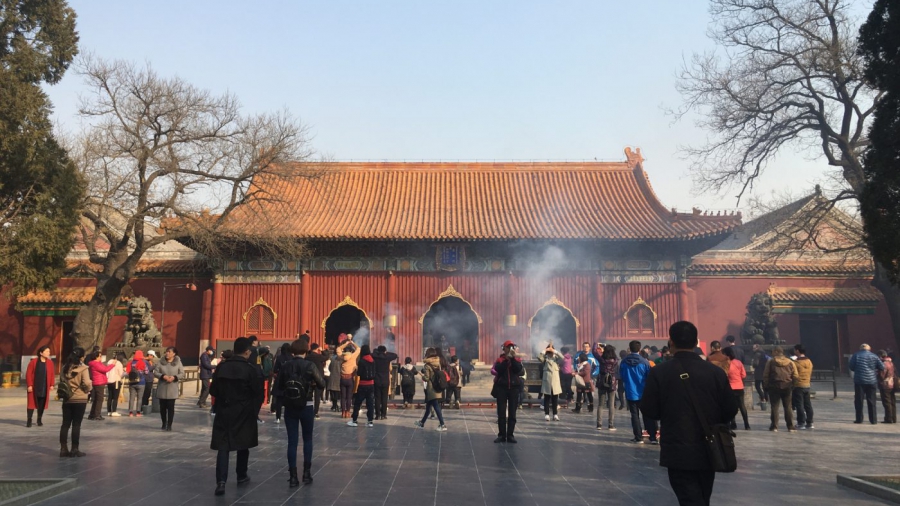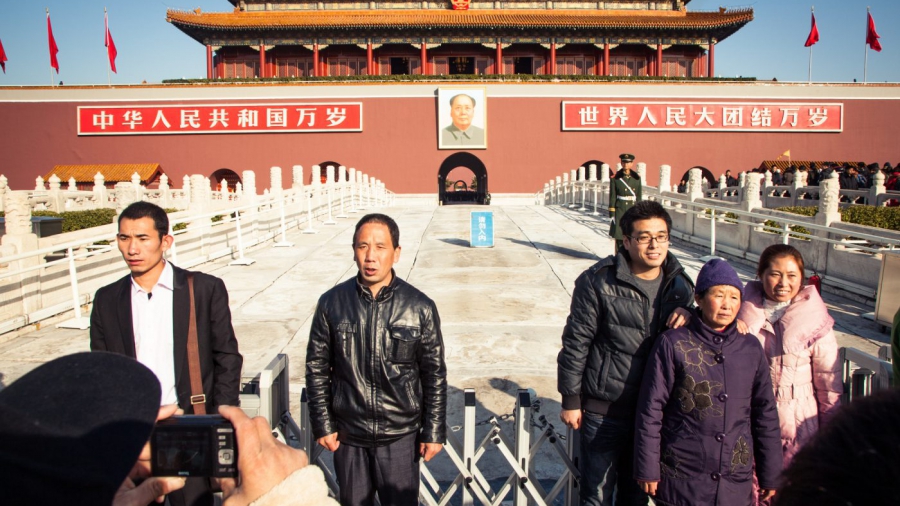Two months after the Two Sessions in March, it might be interesting to revisit two key developments: the first one being the massive government restructuring and the second being the constitutional status given to the National Supervision Commission. Together, they are a manifestation of increased and tighter control over the entire government structure. The former’s aim is to make the Chinese government better structured, more efficient and service-oriented. The changes are immense; it is safe to say that governance will actually become more inefficient before it gets better as local departments get used to the new structure. The latter’s aim is to expand anti-corruption jurisdiction beyond party officials. In this sense, one could speak of a significant erosion between party and state.
...The Social Credit System’s Greatest Leap Goes Unnoticed
While China-journalists were all preoccupied with the Constitutional amendment, a major change occurred in the realm of the social credit system – which potentially might turn the existing order of politics and (constitutional) law upside down.
The system has been widely discussed in the media and the few who observed it carefully saw beyond the “Orwellian dystopia” cited in nearly every article. Those few saw a major obstacle in the system to be fully implemented any time soon: the giant discrepancy between what the state perceives as creditworthiness and what the widely-covered credit rating companies, such as Sesame Credit, regard as creditworthy. This problem seemed to have been swept aside in a single move in January 2018: the Central People’s Bank announced to found a company named Baihang Zhengxin, which may become the one central commercial credit rating service in the PRC, replacing or at least dominating the existing ones by making all of them shareholders. The definitions of creditworthiness used by commercial credit services currently will thus eventually make space for a notion of creditworthiness designed by the central government. The Chinese government changes the rules of the game by joining it.
...Xi Jinping at the apex of power?
On 25/02 Xinhua published proposed changes to the State Constitution ahead of the upcoming National People’s Congress (NPC) early March. The proposal that attracted the most attention in Western media and among netizens was the one to remove the two-term limit for President and Vice-President of the People’s Republic of China (PRC). This proposal stimulated heated discussions among the China-watching community and China scholars. General Secretary Xi Jinping wanting to stay on longer than 2022 was not a surprise, however, more surprising was the fact he pushed for this so hastily. One would expect this to happen more near the end of his second five-year term.
...China Model, Beijing Consensus, State Capitalism, East Asian Developmental State or Varieties of Capitalism? On the issue of conceptualizing China’s politico-economic system
China Model, Beijing Consensus, State Capitalism, East Asian Developmental State or Varieties of Capitalism? On the issue of conceptualizing China’s politico-economic system Written by Aya Adachi Abstract China’s rapid economic developmen ...
Chinas Anti-Korruptionskampagne unter Xi Jinping – Motive und Vorgehensweise
von Julia Tatrai Abstract Seit der Machtübernahme Xi Jinpings im Jahre 2012 bemüht sich die KPCh verstärkt Korruption, die zunehmend als endemisch und zutiefst systemstörend interpretiert wird, in den eigenen Rängen aber auch in Wirtschaft und Militär e ...


